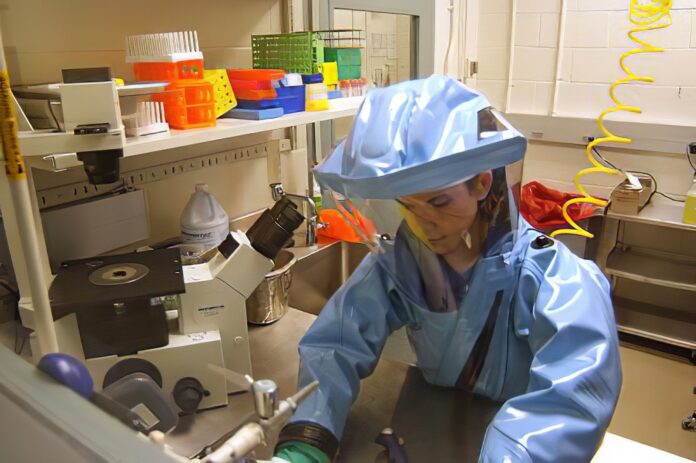
Biosecurity is the practice of preventing the entry or exit of disease-causing agents from any location where they can pose a risk to farm animals and other animals. If this definition alone doesn’t grab your attention, read on to understand the critical role of biosecurity in safeguarding farms, especially in the context of severe outbreaks like avian flu.
Being prepared for any disease outbreak is the best protection. That’s why it is vital that backyard keepers and farmers implement the most robust biosecurity. Specialist biosecurity companies like Livetec Systems are dedicated to assisting farmers in implementing measures to minimise the likelihood of culling becoming a necessary action.
Implementing a Biosecurity Plan:
Developing a biosecurity plan for any farm or premises begins with a comprehensive review of current practices. It is advisable to collaborate with a biosecurity expert to ensure the most effective plan. A small fraction of the key steps include:
1. Preventing Cross-Contamination: One often concerning lapse in biosecurity is the movement of animals between different areas of a farm and the introduction of new animals to existing flocks or herds. Equally important is ensuring that a farm’s livestock remains separate from animals on neighbouring farms. Strict adherence to these practices significantly reduces the risk of disease transmission.
2. Machinery Disinfection: Machinery is often shared or rented among farms. It is imperative that all machinery is thoroughly disinfected before being returned or used. Neglecting this step is a major gap in a farm’s biosecurity. Additionally, when visitors bring vehicles onto the farm, disinfection protocols should be followed, these visitors should be logged and traced, and vehicles, as well as pets, should be kept away from livestock. This is a critical aspect of maintaining biosecurity.
3. Changing behaviours and attitudes to biosecurity: Biosecurity is a team effort. All individuals entering or leaving the farm must be well-versed in biosecurity procedures. Education, training, and consistent reinforcement of best practices are essential. Establishing a clear and well-defined daily, weekly, monthly, and yearly routine ensures that all procedures are consistently followed. Simple measures like ensuring personnel working in one area of the farm don’t move to another area in the same clothing can make a significant difference in bolstering biosecurity.
In conclusion, a robust biosecurity plan is vital for safeguarding farms and preventing the spread of diseases. The levels of confirmed cases of avian flu over the last two years, not just in the UK but globally, serves as a stark reminder of the importance of implementing and maintaining effective biosecurity measures
Help keep news FREE for our readers
Supporting your local community newspaper/online news outlet is crucial now more than ever. If you believe in independent journalism, then consider making a valuable contribution by making a one-time or monthly donation. We operate in rural areas where providing unbiased news can be challenging. Read More About Supporting The West Wales Chronicle
























